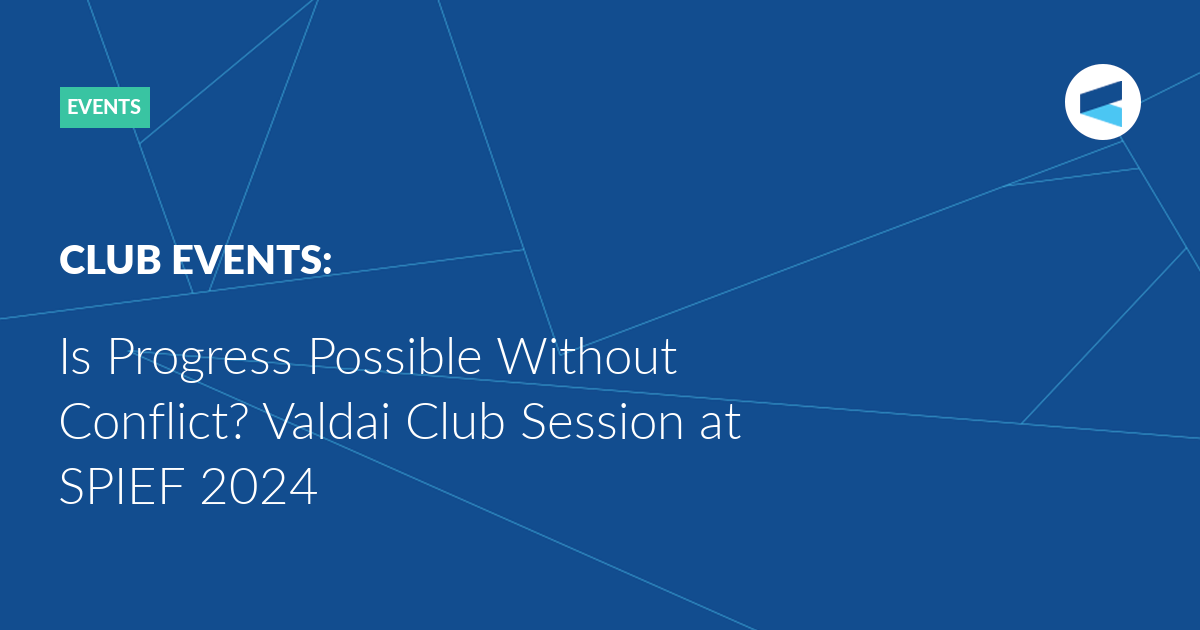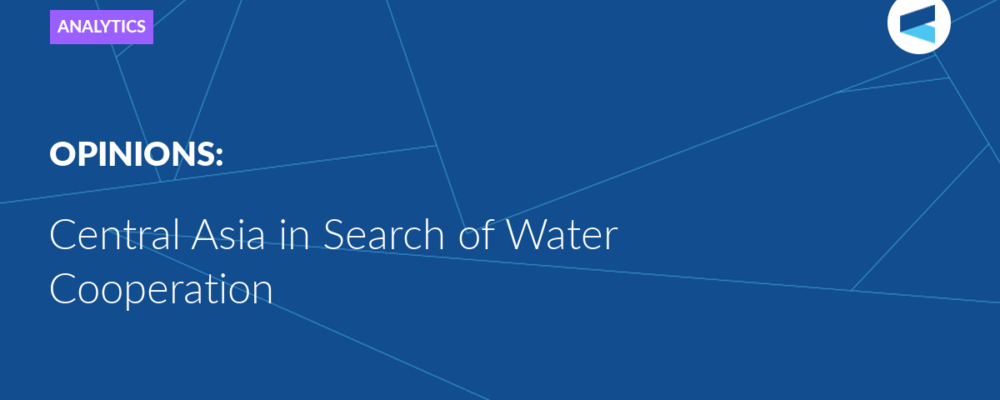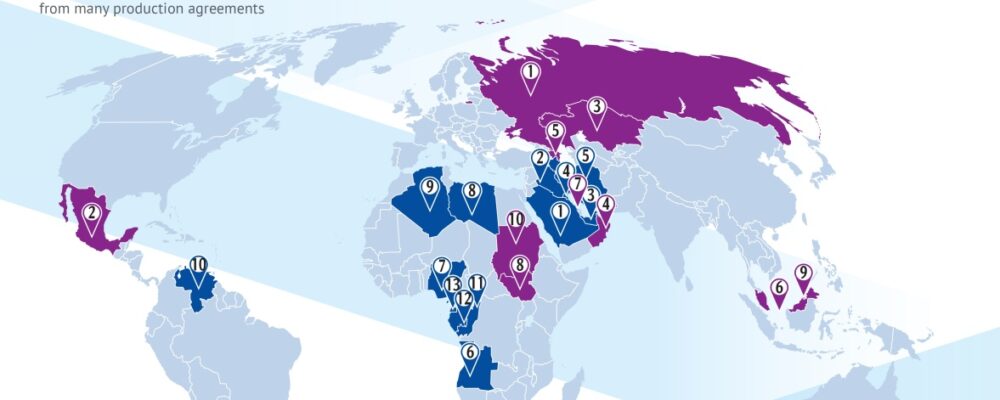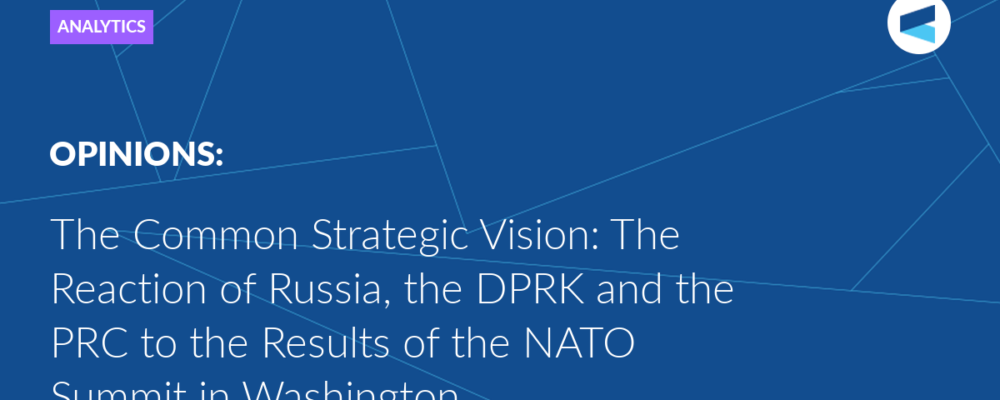As part of the business program at the St. Petersburg International Economic Forum (SPIEF), a session of the Valdai Club took place on June 6. The event’s participants explored the question of whether global and national development can occur without conflict and violence.
Andrey Bystritskiy, Chairman of the Board of the Foundation for Development and Support of the Valdai Discussion Club, noted in his introductory remarks that conflicts that stem from the past continue to dominate our world, yet the majority of people in the world do not wish to be involved in them and are seeking ways to avoid being drawn into them. Fyodor Lukyanov, Valdai Club Research Director, who served as moderator for the session, pointed out that the notion of conflict as a catalyst for growth is embedded in the Western perception of progress, which is no longer the dominant perspective. He emphasized that countries with different philosophies are playing an increasing role on the global stage and invited participants to consider a world governed by different principles.
According to Ruslan Yunusov, co-founder of the Russian Quantum Centre, human beings are evolutionarily designed to progress by overcoming challenges. In order to desire to achieve something, they need to live in situations of scarcity, and conflict, as a form of pressure, is therefore necessary. This is why the pressure placed on Russia following the Second World War enabled a significant scientific breakthrough, manifested in space and nuclear projects.
However, history also demonstrates that excessive pressure leads to exhaustion, while a lack of pressure results in stagnation. Consequently, a certain level of pressure – not necessarily a violent or forceful one – is essential for development, Yunusov argues.
The Indian perspective on the nature of relations between states in a multipolar world was articulated by Ram Madhav Varanasi, President of the India Foundation. He argued that interactions between countries should not be limited to the logic of the global marketplace. Rather, it is essential to view the world as more than a market – it is a family. This approach can lead to peaceful coexistence.
India is a diverse country with many languages and religions, and its regions are developing at different paces. Despite these differences, India has managed to maintain unity. This is due to the underlying belief in its political culture that all people should be treated with dignity and respect.
According to Varanasi, there is a need for increased awareness of the interconnectedness of the world on various levels. The attitude towards the natural environment plays a significant role in this regard, as despite the stated objectives of sustainable development, political agendas often take precedence over ecological concerns. Additionally, it is essential for the world to unite in order to manage the development of emerging technologies that may be detrimental.
Wang Huiyao, Founder and President of Center for China and Globalization, presented the Chinese perspective on harmony and the key to successful development in the 21st century. He emphasized that the world cannot continue to live in constant conflict, as this only serves to divide and weaken us. Instead, we must focus our energy on cooperation and positive change.
According to Wang, it is essential that we join forces to address the challenges we face in this century, rather than allowing conflicts to escalate. He stressed the need for a multipolar world order and a new narrative that is relevant to the 21st century, moving beyond the ideological frameworks of the past.
In his speech, Gustavo de Carvalho, Senior Research Fellow for Russian-African Relations at the South African Institute of International Affairs, referred to the BRICS forum as an example of how countries can “agree to disagree.” While the narratives of member states may differ significantly in some areas, this does not preclude productive dialogue and cooperation.
The speaker highlighted the importance of Africa, noting that there is a growing recognition of the need for a unified voice on the global stage. While individually, African countries may be weak, in a state of disunity the continent can become a terrain for external actors pursuing their own interests. In order to gain agency on the global scene, African nations require unity, a task that is challenging given internal divisions and external interference.
Rahakundini Bakrie Connie, Professor at St. Petersburg State University (Indonesia), also addressed the topic of BRICS in her presentation. According to Connie, the organization’s main potential lies in economic and technological cooperation, particularly in the semiconductor sector, which could provide a significant boost to the development of Global South countries.
The Valdai Discussion Club was established in 2004. It is named after Lake Valdai, which is located close to Veliky Novgorod, where the Club’s first meeting took place.
Please visit the firm link to site






